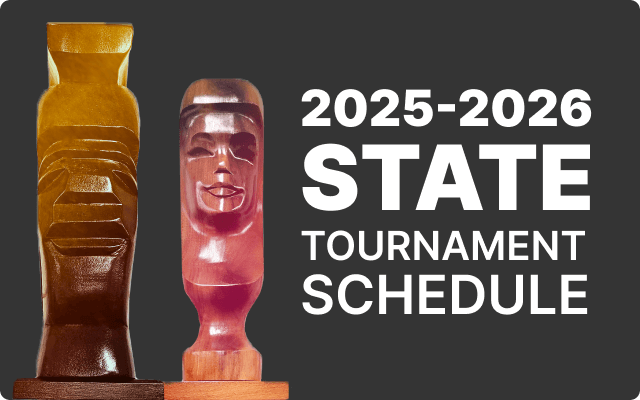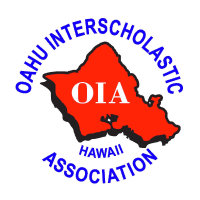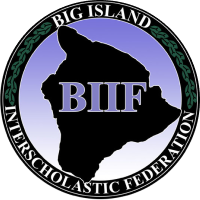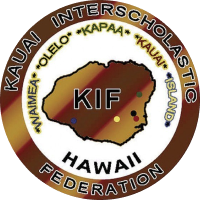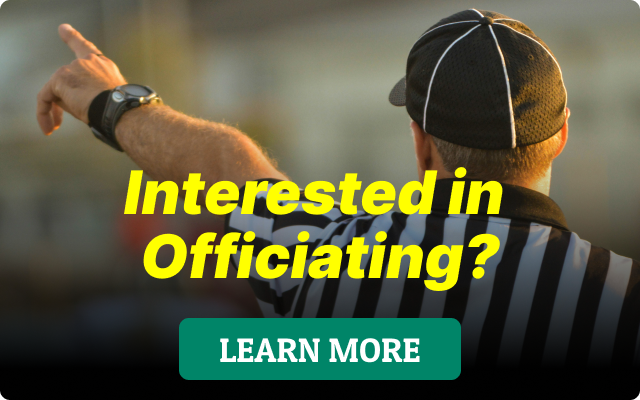The NFHS Voice
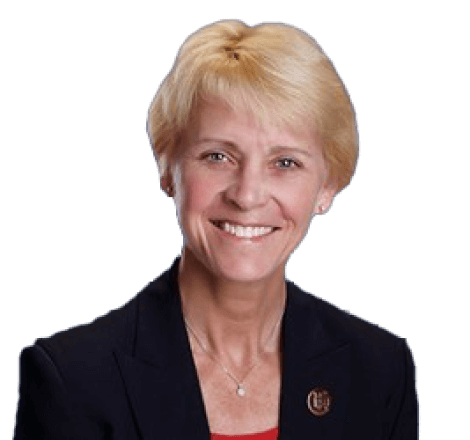
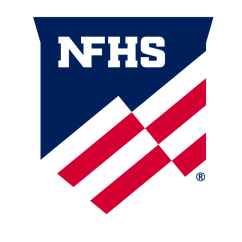 The NFHS Voice
The NFHS Voice
Mention of ‘Name, Image, Likeness’ Must Not Occur in Recruitment of High School Athletes
Dr. Karissa L. Niehoff, NFHS Executive Director
Understandably, the COVID-19 pandemic has dominated every facet of our lives the past three months – so much so that the challenges that were our focus earlier this year are distant memories.
Similarly, the high school sports world is singularly focused on a safe return to play this fall. Every day, there are new reports from state high school associations as to when summer activities can begin – and in some cases a general plan for the resumption of competition this fall.
Earlier this week, however, a headline of a different nature took us back to a pre-pandemic issue that must continue to be addressed as student-athletes resume their high school careers – the ability of college athletes to make money off their name, image and likeness (NIL).
What does the opportunity for college athletes to make money from their NIL have to do with high school sports and high school student-athletes? Potentially a lot, as the erosion of amateurism as we’ve known it at the college level creeps closer to education-based high school sports.
The NFHS addressed this issue last fall after California became the first state to approve legislation – to take effect in 2023 – allowing college athletes in that state to make money from their NIL. About a month after this ruling, the NCAA voted unanimously to permit students participating in athletics the opportunity to benefit from the use of their NIL in a manner consistent with the collegiate model.
Colorado and Florida have since passed legislation to permit college student-athletes in those states to earn money from their NIL, with effective dates of January 2023 and July 2021, respectively, and numerous other states have legislation pending. By January 2021, the NCAA’s three divisions are expected to adopt NIL rules to take effect at the start of the 2021-22 academic year.
Finally, earlier this week, a lawsuit was filed against the NCAA to prevent the organization from restricting the amount of NIL compensation available to athletes, and the suit also seeks damages based on the share of television-rights money and social media earnings it claims athletes would have received if the NCAA’s current limits on NIL compensation had not existed.
At this point, our concern is not to debate the merits of college athletes making money from their NIL, which seems a foregone conclusion. However, as the parameters of NIL are developed, whether it be from Congress, the NCAA or individual state laws, this process – or even mere mention of NIL – must not occur until student-athletes are fully enrolled at an NCAA college or university.
Very simply, the notion of luring a high school student-athlete to a particular college based on the student’s increased chance to earn money from his or her NIL must not be a part of the recruiting process. Parents pushing their kids into specialization in the fight for scholarships would only be exacerbated as families considered the “best offer” from colleges.
The NFHS and its member state associations have made great strides to bring the recruiting process back into the schools and away from agents and other third parties. Recruiting a high school athlete with a promise that he or she could eventually earn money at a particular college is a slippery slope that moves education-based high school sports in the wrong direction.
There is nothing more sacred and fundamental to the past – and future – history of high school sports in the United States than the concept of amateurism. While we cannot stop college athletes from earning money from their NIL, we will do everything to protect amateurism in education-based high school sports.
Dr. Karissa L. Niehoff is in her seventh year as chief executive officer of the National Federation of State High School Associations (NFHS) in Indianapolis, Indiana. She is the first female to head the national leadership organization for high school athletics and performing arts activities and the sixth full-time executive director of the NFHS. She previously was executive director of the Connecticut Association of Schools-Connecticut Interscholastic Athletic Conference for seven years.


